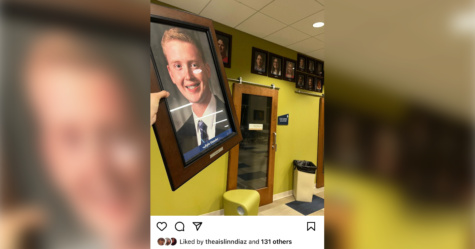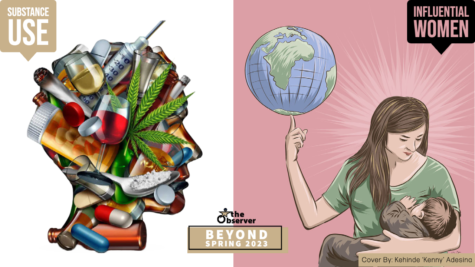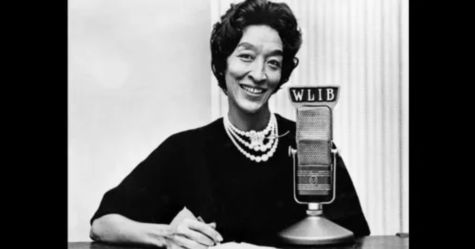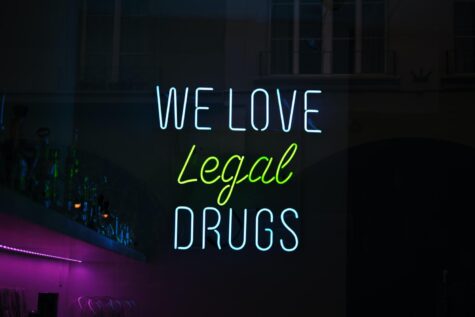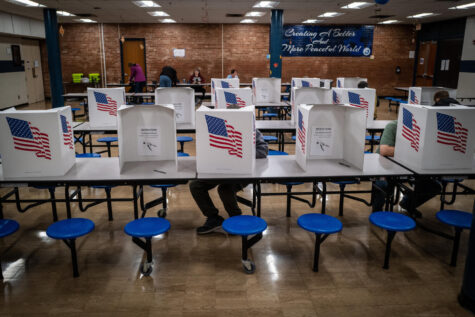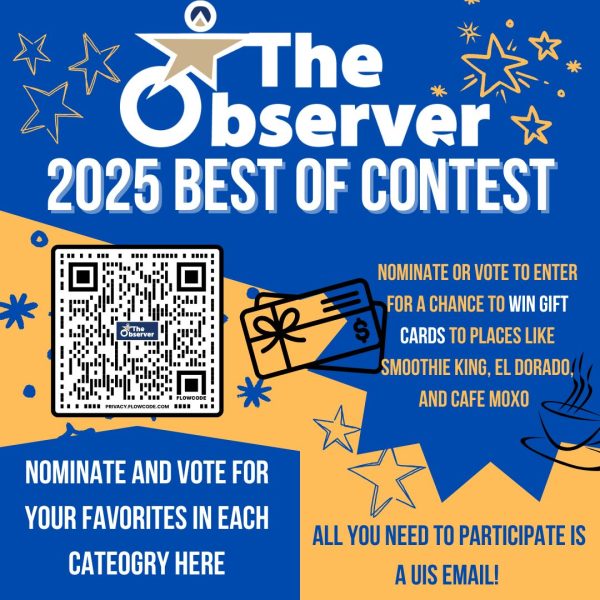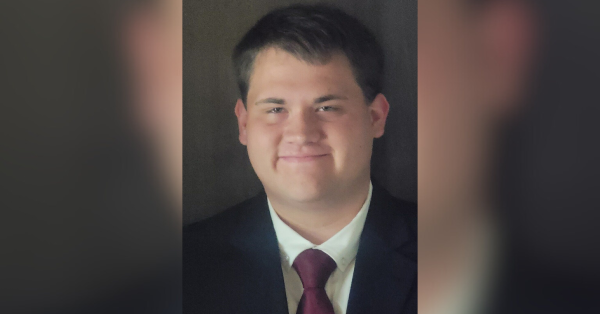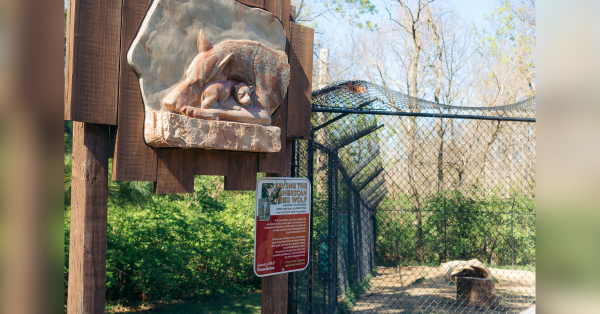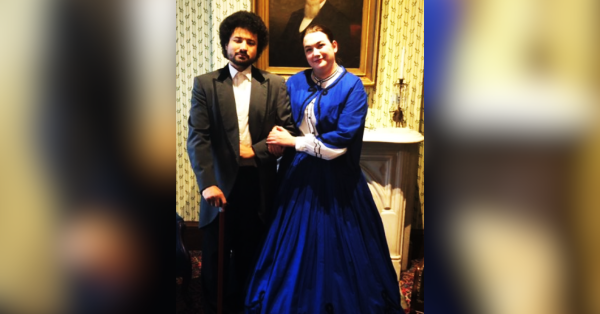Artificial Super-Intelligence is Dangerous; Technology is Not
It isn’t a surprising fact that human beings hate change. As technology continues to progress, it seems people become more nervous for the future. The possibility of an artificial intelligence(AI) apocalypse often grazes the media. Robocop, Terminator, Blade Runner, and I, Robot are just some of the many movies since the 1980s that revolve around AI taking over humanity. Such ideas are kept alive by the public from the opinions of various individuals like Stephen Hawking and Elon Musk.
“The development of full artificial intelligence could spell the end of the human race,” Hawking told the BBC in late 2014.
This statement has been used as an argument by many, though they’ve forgotten that Hawking is a cosmologist and a theoretical physicist, and does not work with AI. Others that are often cited in arguments against AI are often misunderstood. Bill Gates and Elon Musk both agree that super AI is dangerous, although rather than fight progress, they focus mainly on advocating for informed policy-making to ensure that dangers do not arise.
Rather than consider the focus on policy-making, the average individual instead focuses on the fear of the unknown, and of AI in general.
This goes to even an unreasonable extent- American Automobile Association (AAA) conducted a study in 2016 where three-fourths of Americans claimed that they feared self-driving cars, and only one-fifth of Americans said they would trust an automobile to drive itself. However, Google’s self-driving car has been shown to have a ten times lower at-fault rate than the safest demographic of human drivers (60-69-year olds) and a 40-times lower at-fault rate than new drivers. As many as 40,000 people died in car accidents in 2016; having a fear of all AI and technology is nothing but irrational.
Separately, a PEW Research survey has showed that 72 percent of Americans fear a world where AI can perform human jobs. However, is that necessarily a thing to fear? In a hypothetical and arguably inevitable world where AI control most, if not all the jobs that once belonged to humans, governments would be forced to do something about a situation where most humans find themselves unemployed. There will be change, something the average person fears, but at minimum governments would have their arms tied and would have to supply basic living income to every citizen. Capitalism and a healthy economy could not exist with no consumers. It is in the best interest of even the greediest corporations to keep their consumers.
Our future may be drastically different than the world today, but that is not a bad thing.




